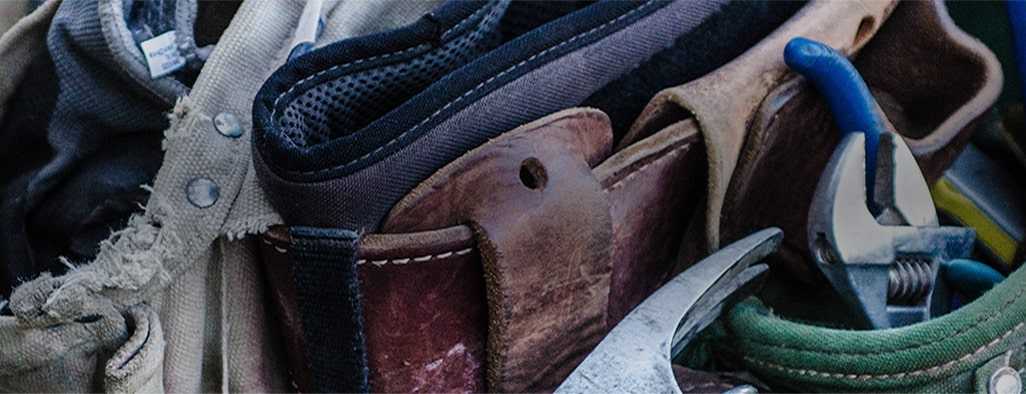-
5 Tips to Prevent Basement Floods
January 30, 2019Welcome to Inspector Pumphead’s classroom! This is the space where the Inspector serves up knowledge like Gordon Ramsey serves out vaguely offensive British insults in the kitchen. This week we'll be talking about how to keep your basement flood free. The Inspector would venture to guess that most people can agree one swimming pool is enough. You buried that orange shag carpet in the basement for a reason, you never wanted to see it again. Now there it is...floating on top of a basement shaped puddle along with a participation award in athletics and the rest of your valuables. Fear not though, the Inspector didn't go to 12 years of pump school and travel the globe in search of world's biggest pumping problems just to leave you whatever the opposite of high and dry is. Without further ado: Sump Pump & Backup The Inspector can’t stress this one enough. A reliable sump pump is the best defense against basement floods. Sump pumps act like a drain. They pump water safely away from your basement and surrounding foundations. The Inspector would recommend getting an automatic sump pump that turns on whenever the water reaches a certain height. The pump does the work for you, this way you can continue painting pictures of happy meadows from old Bob Ross reruns without interruption. Just as important as owning a sump pump, is maintaining a sump pump. Sump pump failure is among the most frequent causes of basement floods. If you’re aware of heavy rain in the near future, make sure your pump is clean and clear of debris. Debris can lead to potential clogging. Owning a backup can be crucial as well in case your first sump fails. A battery operated backup, for instance, will turn on in case the first one turns off due to a power outage. Paying for a reliable pump now can save later. If you’re in need of a new pump or backup you can browse our extensive collection of sump pumps. Gutters & Downspouts Having your gutters cleaned seasonally will be sure to prevent any debris from building up. Debris such as leaves and branches can get caught in your gutters and cause blockages. Blockages restrict flow and cause rainwater to pool. Once rainfall has pooled, it will start to dump directly onto your foundation. This can lead to not only flooding, but cracks in your foundation as well. Be sure to keep your downspouts positioned away from your foundation. A good rule of thumb to abide by is having water direct at least three feet away from your house. Install Window Wells Depending on the condition of your basement windows, you may need window wells. The frames of basement windows can be susceptible to cracks, warping, or mold. Window wells get installed directly onto a house’s foundation and can protect against water, dirt, and pesky insects. The Inspector would suggest getting acrylic wells as these can brighten up a dingy basement. Foundation Cracks There’s no better place for water to get invited into your home than from a crack in your foundation. Homeowners should regularly inspect their home’s exterior foundation as well as basement walls and floors. Foundation cracks can be filled in with epoxy while masonry sealer should be used on the home’s interior. For more serious cracks a professional may need to be called. Landscaping And last but not least- strategically placed shrubs and greenery can do more than just block out your neighbor’s Christmas decorations that they leave up until April. Consider your landscape when it comes to flooding especially if you live on the down slope of a hill where water is more likely to collect and flow. If you live on flat ground and water has nowhere to go, there are a few solutions for your lawn that can make a flooded basement less likely. You can install a lawn drainage system or use heavier mulch in your garden. An abundance of shrubs and plants helps to absorb excess water. Some homeowners even create small slopes in their landscaping in order to direct water away from their foundations. Pump Products application engineers are standing by to help you find the right pump, as well as to provide price quotes, stocking availability, and shipping information. Call our toll free number 1-800-429-0800 to speak to an expert today.






